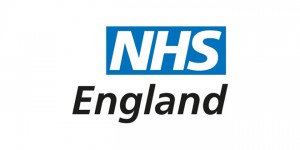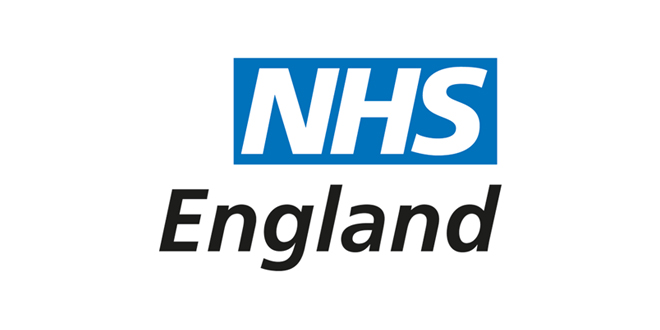Nearly Two Million Patients To Receive Person-Centred Support To Manage Their Own Care
 People with long-term conditions will be supported to better manage their own health and care needs, thanks to the roll-out of an evidence-based tool over the next five years.
People with long-term conditions will be supported to better manage their own health and care needs, thanks to the roll-out of an evidence-based tool over the next five years.
NHS England has agreed a deal which will grant nearly two million people access to more person-centred care as part of its developing Self Care programme.
Local NHS organisations and their partners are being invited to apply for free access to patient activation licences, which will help them assess and build their patients’ knowledge, skills and confidence, empowering people to make decisions about their own health and care.
The Patient Activation Measure (PAM) is a validated tool which captures the extent to which people feel engaged and confident in taking care of their health and wellbeing.
By measuring people’s activation levels through PAM, organisations can ‘meet people where they are’ and tailor support and services to the individual’s needs.
Locally, it is expected that measuring and improving patient activation will lead to patients enjoying better experiences of care and outcomes, making more positive choices about their health and wellbeing, and experiencing fewer unplanned hospital admissions.
Building on well-received trials in six areas, NHS England has now agreed a five-year licence to expand the use of the PAM tool with up to 1.8 million people, as a core component of the Self-Care programme.
Dr Alf Collins, NHS England national Clinical Advisor, said: “Truly empowering patients to keep themselves well, manage their conditions and stay out of hospitals requires health professionals to understand the needs, the skills, and the confidence of the individual patient they are working with.
“The Patient Activation Measure shows real promise as a tool to achieve this, and I look forward to seeing how more local areas can use it in innovative ways to provide care which is more person-centred, delivering better outcomes for patients and better value for taxpayers.”
Measuring Patient Activation forms a core element of the NHS Five Year Forward View’s ambition for the NHS to become better at helping people to manage their own health by ‘staying healthy, making informed choices of treatment, managing conditions and avoiding complications’.
Compelling evidence collated in a report by the King’s Fund in 2014 shows that people who recognise that they have a key role in self-managing their condition, and have the skills, knowledge and confidence to do so, experience better health outcomes. One American study cited in the report found that the risk of highly activated patients being re-admitted to hospital following discharge was almost half that of less activated patients.
However, ability levels vary from person to person, which makes understanding and measuring an individual’s level of activation so important.
NHS England has been testing the use of PAM in 5 CCGs and the UK Renal Registry since 2014.
Dr Ollie Hart, GP and clinical lead for person-centred care at Sheffield CCG, one of the participants, said: “In Sheffield, we have been finding PAM a really useful tool for tailoring our level of support and health coaching to match a person’s needs. By embedding it in our processes for supporting people with diabetes, we have gained a better understanding of patients’ needs and behaviours, allowing us to ensure that resources – particularly staff time – are being used more effectively for their benefit.”
An independent interim evaluation report by the University of Leicester looking at the experience in Sheffield and the other participating areas has also been published today. The qualitative study provides practical lessons and considerations for those who wish to use the PAM in their local areas.
In 2016/17, around 40 clinical commissioning groups (CCGs) and other primary care organisations will be granted access to PAM licences, subject to an application process. They will include those involved in key NHS change programmes like New Care Model Vanguards and Integrated Personal Commissioning demonstrator sites, which are helping to form the blueprint for how NHS services will be delivered in the future, particularly for people with long-term conditions.
The application process for licences is now open – details of how organisations can apply are available on the NHS England website.
The closing date for applications is 12pm on Tuesday 17 May, and it is expected that the successful applicants will be announced in early June.






